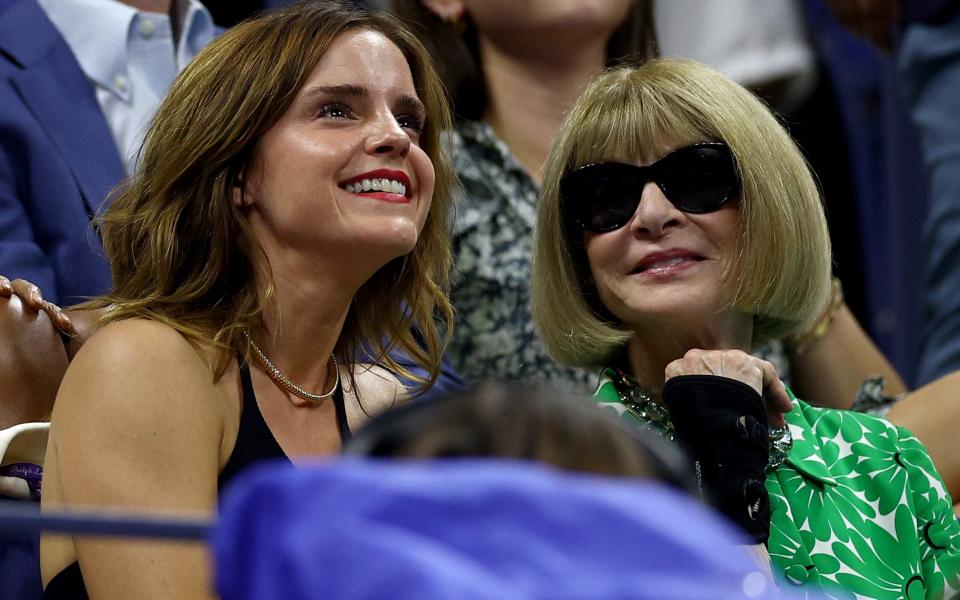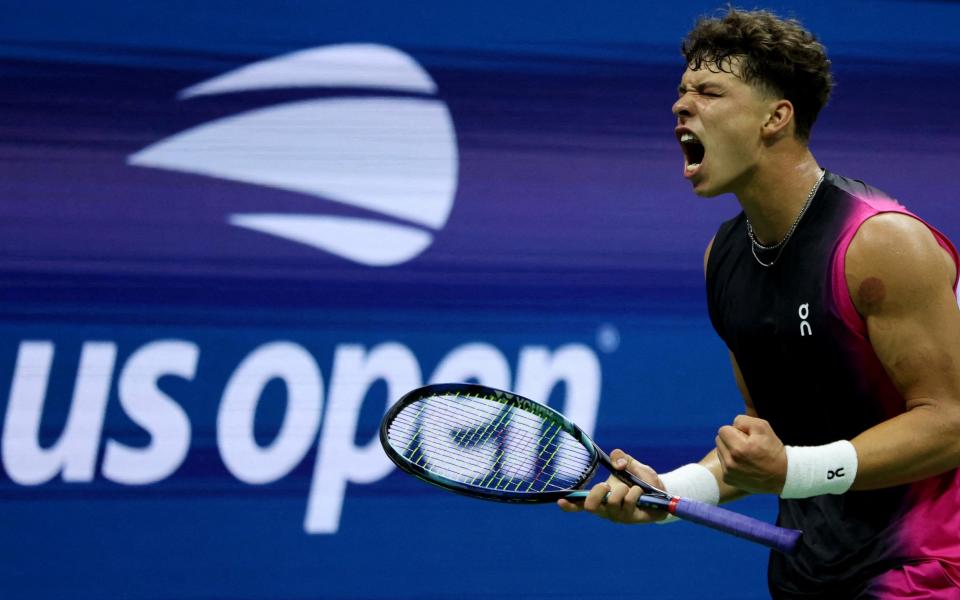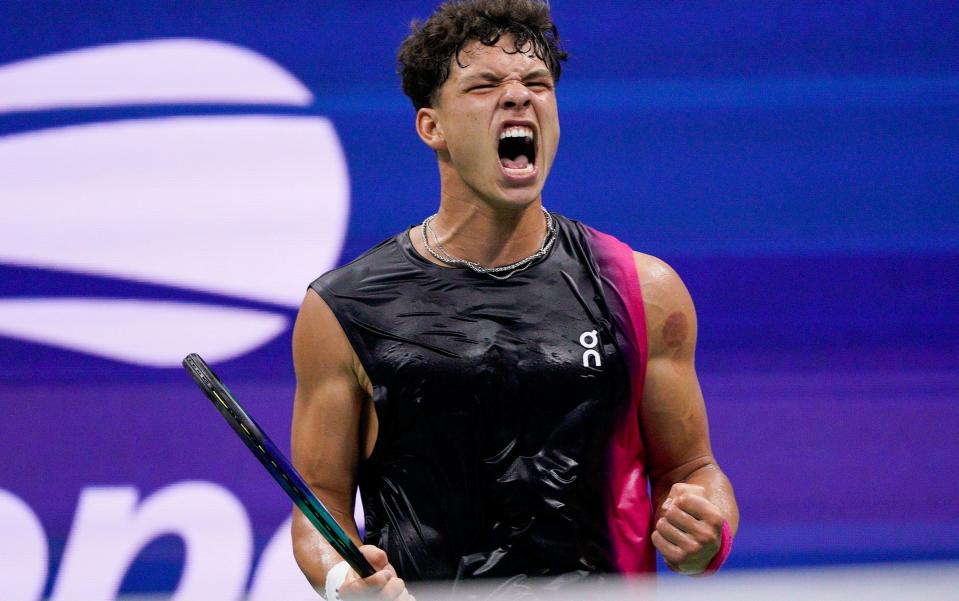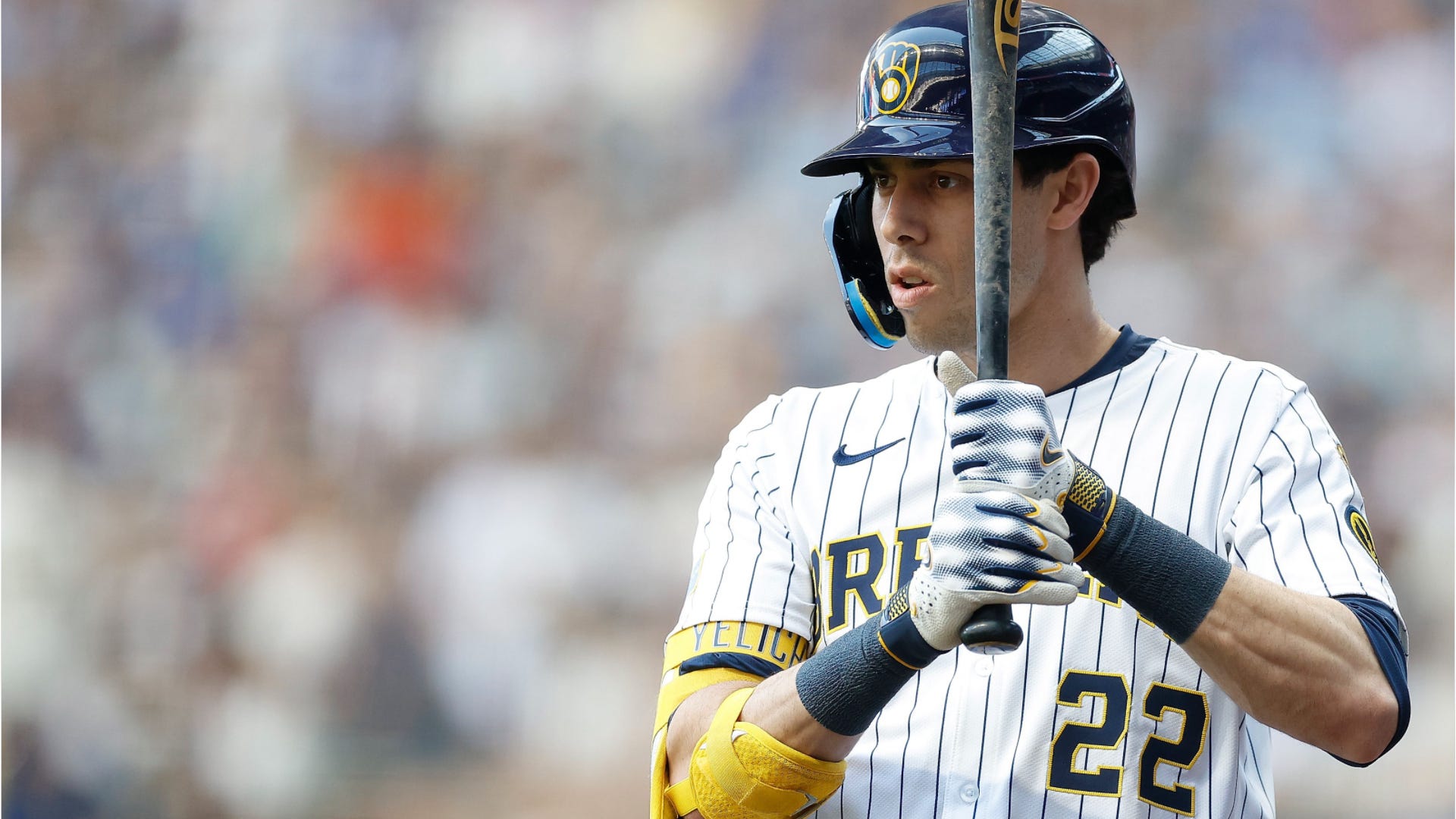The new darling of American tennis, 20-year-old Ben Shelton, will play in the US Open semi-finals after he eliminated compatriot Frances Tiafoe on Tuesday night.
After 19-year-old Coco Gauff reached the women’s semi-finals earlier in the day, this US Open is becoming a hugely encouraging tournament for the next generation of Americans. Collectively, they are doing their utmost to fill the hole left by Serena Williams’s retirement last year.
While Gauff came into New York as one of the favourites here, Shelton was a rank outsider. Since an eye-catching breakthrough at January’s Australian Open, where he reached the quarter-finals of what was only his second major event, he had gone through such a lean spell that he won only seven of his next 25 matches on the main tour.
But there must be something about the big stadia which ignites his fire. Shelton struck exactly 50 clean winners in his 6-2, 3-6, 7-6, 6-2 victory over Tiafoe, who responded with an uneven, faltering performance. As a result, Shelton’s win-loss record in the majors this year now stands at 9-1, while in other tour events he has gone 8-20.

After the players had shared the first two sets of this quarter-final, the result was always likely to hinge on the third. Here was a bizarre and inexplicable passage of play that at one stage featured six breaks of serve in the space of eight games, and which also saw Shelton waste a set point in the tie-break when he hit consecutive double-faults.
At the time, Shelton’s missed serves seemed to represent a failure of nerve. Yet he redeemed himself immediately when he struck the shot of the night – watch below – on the very next point: a huge forehand return of serve that flew for a clean winner. Two points later he had wrapped up the third set, and Tiafoe folded quickly in the fourth to conclude the contest.
During his on-court interview – which happened to be conducted by Gauff’s new coach Brad Gilbert – Shelton spoke about that crucial return of serve. As he put it, “Sometimes you have to shut off your brain, close your eyes and just swing. Maybe there was a little bit of that on set point. You could call it clutch but I don’t know about that. It just worked out.”
Shelton has tennis in the family. His father – former world No 55 Bryan Shelton – is his coach, and offers calm nuggets of wisdom from the player box. His mother was also a highly-ranked junior, while his sister also competed at college level.
As a kid, Shelton wanted to be an NFL quarterback, and his powerful throwing arm has enabled his serve to push the speed gun up to an extraordinary 149mph – the highest figure in the tournament. He is an electric mover whose left-handedness is an added advantage, even if most pundits would expect him to prove too raw to upset Novak Djokovic – a man he has never faced before – in Friday’s semi-final.
“You know how rock solid the guy [Djokovic] is and how mentally tough, how physically tough,” said Shelton, who has just become the youngest American to reach the US Open semi-finals since Michael Chang in 1992. “So that’s definitely something that I have to game-plan for.
“I also think that it’s an advantage with my game style playing someone who’s never played me before. I think that I can bring some things to the table that maybe you don’t see in your normal match that you play on the ATP Tour.”

Shelton’s victory – which occupied a little over three hours – was all the more impressive amid the draining humidity which has left many players cramping over the past couple of days.
“Tonight was a real physical battle,” Shelton said after the match. “It was pretty muggy, pretty hot. Seventy-five per cent of the match I think both of us were finishing points fairly tired, trying to catch our breath.
“End of that third set is when I really had to dig deep. I had a set point at 6-5, went up to the line with heavy legs and ended up double faulting two times in a row. Got a little bit lucky with the slap shot to get back in control of the breaker.”
Shelton’s ‘imaginary phone’ celebration explained
Shelton’s match finished just shy of 1am and he found himself in a press conference around an hour later. On the final question, he was asked about his unusual gesture of celebration. He had mimed putting an imaginary phone to his ear, and then hung it up dramatically – a move which showed surprising knowledge of old-fashioned landline technology.
“So our home phone, when I was growing up in Atlanta, was one like that,” Shelton explained. “If I wanted to talk to my friends or call their home phone, see if they wanted to go outside and throw a football, that was what I did.
“But for me, it’s kind of like I’m saying I’m dialled in. The first time that I really saw it is I’m really close friends with a lot of track and field athletes who train at the University of Florida where I live in Gainesville. One in particular, Grant Holloway, who’s won the World Championships I think three times in a row now, that’s his signature thing. He loves doing this when he wins, and a lot of other athletes on the team started doing it after too.
“He just won the World Championships, so congrats to him. Give him a little shout-out when I do this. Something that connects me to my friends back home.”
Broaden your horizons with award-winning British journalism. Try The Telegraph free for 1 month, then enjoy 1 year for just $9 with our US-exclusive offer.







